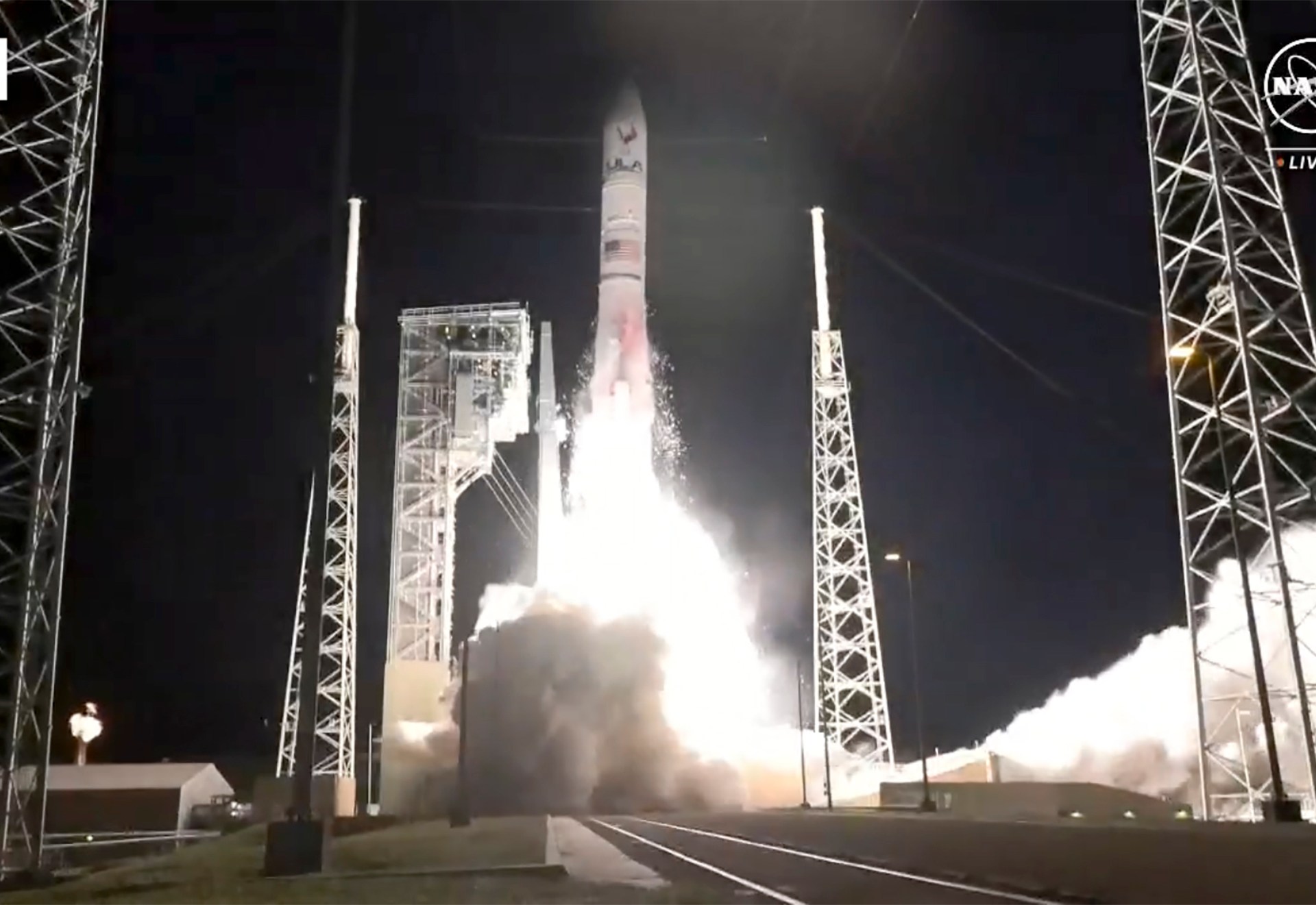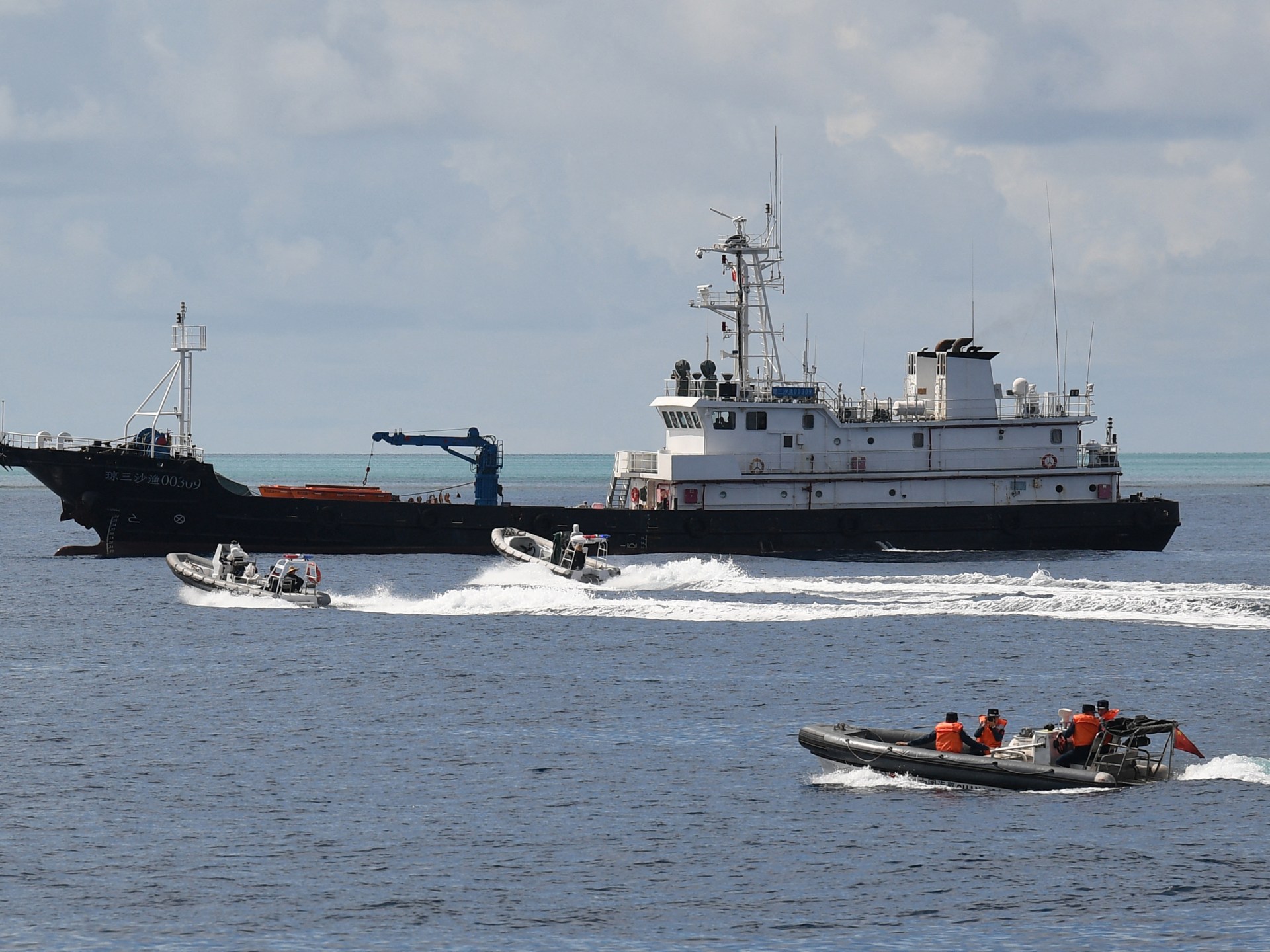Protecting and Managing the High Seas — Global Issues
ROME / LONDON, Mar 20 (IPS) – On March 4 2023, the 193 members of the United Nations reached a major milestone. They agreed on a treaty to manage and protect the high seas– the marine areas that lie outside the 200 mile Exclusive Economic Zones (EEZ) of coastal states. The high seas are an essential part of the global ecosystem. They cover 50 percent of the Earth’s surface, produce half the oxygen we breathe, provide a home to 95 percent of the planet’s biosphere, are a critical sink for carbon dioxide, and help regulate the Earth’s temperature.
The agreement of the new treaty, the result of decades of work and lobbying, is something to celebrate. However, a review of other international laws and treaties suggests that enthusiasm needs to be tempered with realism. Commonly, developed countries, due to their superior technology and financial heft, are the biggest economic beneficiaries of open access resources such the high seas, the atmosphere and outer space. They are also the worst culprits in terms of damage caused due to pollution and overuse. Getting these benefiting countries to change behavior has proved difficult.
The case of the 1982 Convention on the Law of Sea (UNCLOS) is illustrative. . Some of the provisions of Part VII of UNCLOS, which deals with the high seas, work well. For example those related to piracy – maybe because keeping shipping lanes safe is of interest to big countries with large fleets. However, the provisions related to fisheries work much less well.

Similarly the International Seabed Authority was set up to oversee and manage the exploitation of the resources on or under the seabed including oil, gas and minerals. However, there is no requirement to carry out any detailed environmental or ecological assessment; no royalties are to be paid; and no requirement for sharing of benefits with the poorer countries that lack the technologies to mine these resources.
The situation is even worse with regard to the disposal of waste in the high seas where there are virtually no regulations. This has resulted in increasing plastic and chemical pollution, much of which emanates from developed countries. Even spent fuel from nuclear power plants and radioactive water from the Fukushima power plant disaster have been dumped there.
The new treaty for the high seas aims to address many of these issues. However, it is essential that developing countries are fully involved in drafting the detailed implementation and enforcement arrangements; and defining responsibilities, as well as sanctions in the case of violation of rules and procedures. Developing countries should also continue to call into question the fact that new treaty does not cover ongoing exploitation of the high seas.
The high seas are common property of mankind and all countries need to be involved in how they are managed. The European Union has already pledged €40m to facilitate the formal ratification of the treaty and its early implementation. This will certainly give them a big say on the evolution of the detailed institutional and regulatory architecture. In order to counter this, developing countries must at least match this amount, with the larger developing countries taking in lead in provision of funding and technical skills.
Daud Khan works as consultant and advisor for various Governments and international agencies. He has degrees in Economics from the LSE and Oxford – where he was a Rhodes Scholar; and a degree in Environmental Management from the Imperial College of Science and Technology. He lives partly in Italy and partly in Pakistan.
Stephen Akester is an independent fisheries specialist working in Indian Ocean coastal countries for past 40 years.
IPS UN Bureau
Follow @IPSNewsUNBureau
Follow IPS News UN Bureau on Instagram
© Inter Press Service (2023) — All Rights ReservedOriginal source: Inter Press Service
Check out our Latest News and Follow us at Facebook
Original Source







